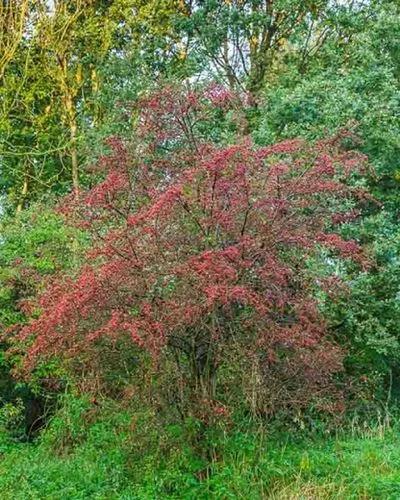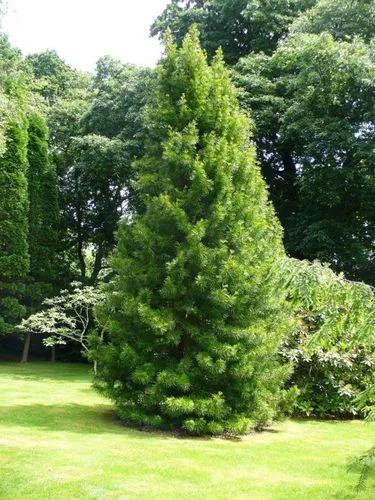Ochroma pyramidale, commonly known as the balsa tree, is a large, fast-growing tree native to the Americas. It is the sole member of the genus Ochroma. The name balsa comes from the Spanish word for "raft".
Balsa Tree Care
Ochroma Pyramidale



A member of the mallow family, Ochroma pyramidale is native from southern Mexico to southern Brazil, but can now be found in many other countries (Papua New Guinea, Indonesia, Thailand, Solomon Islands). It is a pioneer plant, which establishes itself in clearings in forests, either man-made or where trees have fallen, or in abandoned agricultural fields. It grows extremely rapidly, up to 27 m in 10–15 years. The speed of growth accounts for the lightness of the wood, which has a lower density than cork. Trees generally do not live beyond 30 to 40 years.
Flowers are produced from the third year onwards, typically at the end of the rainy season when few other trees are in flower. The large flowers open in the late afternoon and remain open overnight. Each may contain a pool of nectar up to 2.5 cm deep. Daytime pollinators include capuchin monkeys. However, most pollination occurs at night. The main pollinators were once thought to be bats, but recent evidence suggests that two nocturnal arboreal mammals, the kinkajou and the olingo, may be the primary pollinators.
How to Care for the Plant

Popularity

50 people already have this plant 7 people have added this plant to their wishlists
Discover more plants with the list below
Popular articles





